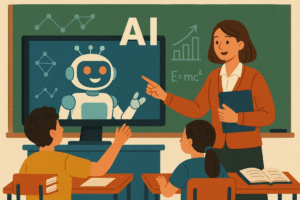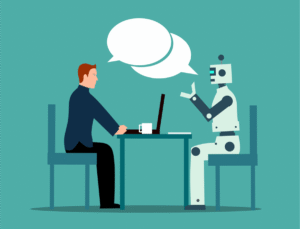The adoption of artificial intelligence (AI) in business processes is driving an unprecedented acceleration in the transformation of the world of work. At the same time, attention toward balancing professional and personal life is growing, now a central element of organizational policies.
The combination of technological progress and cultural change could soon lead to a true revolution: the reduction of the working week to four days, with significant impacts also on regulatory frameworks.
Table of Contents
AI and productivity: a transformation already underway
According to international analyses, a large share of companies believes that AI will generate a concrete increase in productivity by automating repetitive tasks and freeing up time for more creative and strategic activities. This would make it possible to achieve business goals in shorter timeframes while maintaining — or even improving — overall efficiency.
Moreover, some organizations estimate that the introduction of AI could reduce the weekly working hours from 40 to 32 for a significant portion of employees. European studies also highlight how generative AI may contribute to lowering workloads without compromising productivity.
Benefits for businesses and employee well-being
The use of artificial intelligence in companies leads to lower operational costs thanks to greater flexibility and a reduced need for physical presence. At the same time, errors decrease and process reliability improves, resulting in higher quality products and services.
The benefits also extend to human capital: reducing working hours contributes to employee well-being and satisfaction, giving them more free time to dedicate to their private lives. This balance often translates into greater motivation and better long-term results.
The regulatory challenges of innovation
Technological innovation inevitably requires an update of labor regulations. With the approval of the AI Act by the European Parliament, for the first time the use of artificial intelligence across the entire European Union is regulated comprehensively, including its application in the workplace.
The regulation introduces an obligation for companies intending to adopt high-risk AI systems to inform workers and their representatives in advance, although this obligation is broadly defined and does not clarify the operational procedures. European rules, however, will not undermine the rights and freedoms already guaranteed by national legislation.
The future of work between AI and business organization
Today, there is a growing awareness of the positive potential of artificial intelligence, which is set to improve both business efficiency and working conditions. Looking ahead, some analysts even predict that a three-day workweek could become possible thanks to automated and optimized processes.
Change is already underway, and more and more companies are experimenting with organizational models based on reduced but more productive working hours. The real challenge for businesses will be adopting AI strategically, using it not merely as a technological tool but as a driver of innovation and competitiveness to redefine the future of work and entrepreneurship.












